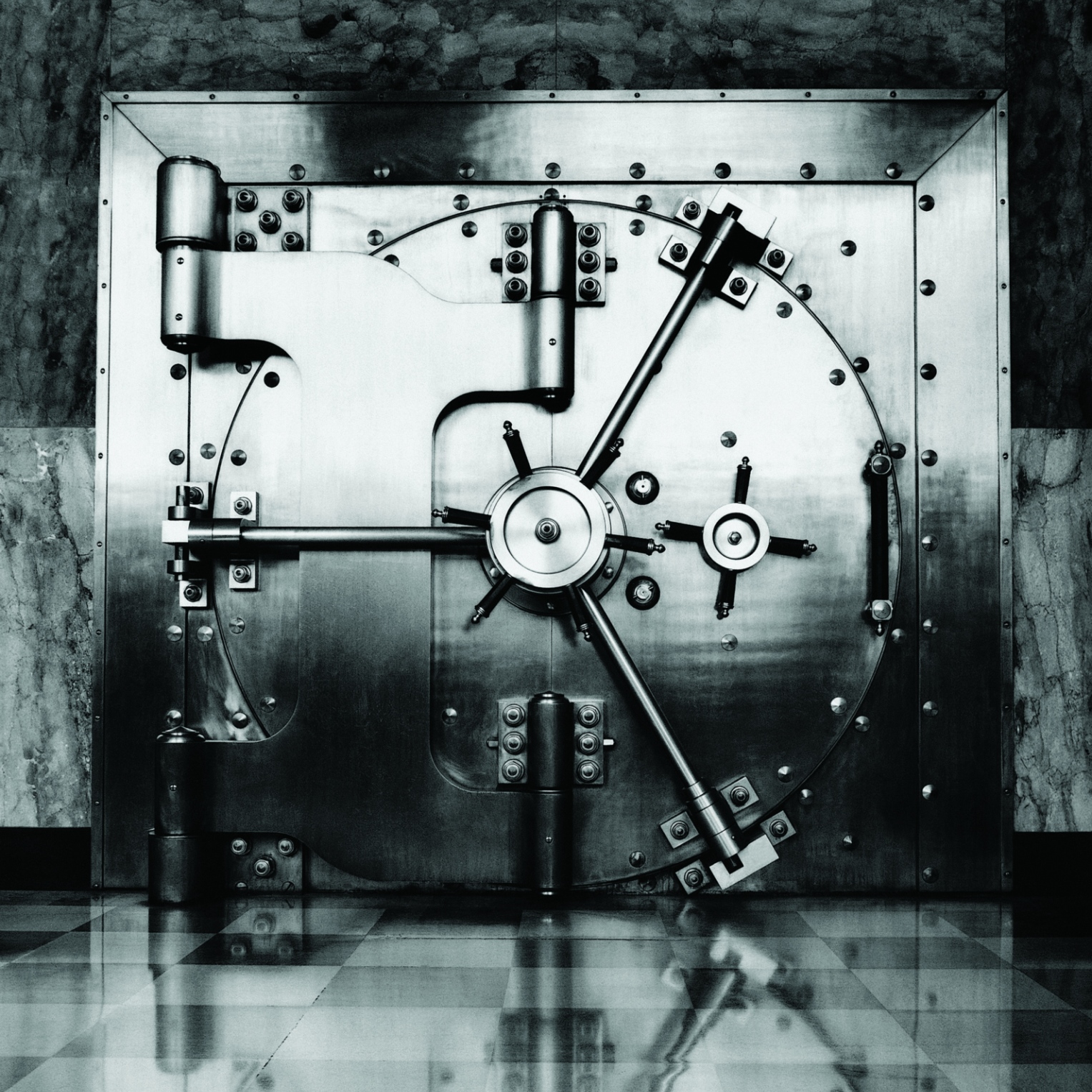Banking, finance, and taxes
Why the S&P Downgrade of 8 US Banks Is Irrelevant

Published:
Last Updated:

On Cyber Monday, when everyone was busy clicking and shopping, the Federal Reserve was busy rewriting a few rules that supposedly would limit itself from bailing out banks and individual companies in the next financial crisis. Now, three days later, eight U.S. banks have been downgraded by S&P, citing a lower probability of bailout assistance in the event of a financial collapse because of these new rules.
The eight are Bank of America Corp. (NYSE: BAC), Bank of New York Mellon Corp. (NYSE: BK), Citigroup Inc. (NYSE: C), JPMorgan Chase & Co. (NYSE: JPM), Morgan Stanley (NYSE: MS), State Street Corp. (NYSE: STT), Goldman Sachs Group Inc. (NYSE: GS) and Wells Fargo & Co. (NYSE: WFC).
The downgrades, while not necessarily unfair, are grounded in an unjustified fear because the Fed’s new rules are mostly meaningless. The Fed will now only be allowed to save banks if at least five banks are insolvent in a crisis, with the definition of “insolvent” being unable to pay undisputed debt within 90 days. Given the centralized nature of the banking system, with all banks loaning to one another so that the liabilities of all Fed member banks end up on the balance sheets of all other Fed member banks, any serious crisis is likely to involve at least five of them, if not all eight that were actually downgraded.
ALSO READ: Deutsche Bank Says 3 Bank Stocks Best Pure Play on Rising Rates
This is aside from the fact that financial crises tend to whip up a frenzy of calls for bailouts, and that if the Fed can change regulations on itself now, there is nothing to stop it from changing its own regulations again at any time, citing some emergency measure or other. The 2010 Dodd-Frank law is credited with forcing the current rule change on the Fed, so it can arguably be said that Congress has forced these pseudo-restrictions, but we all know how quickly Congress can pass new bailout laws in a pinch during a financial crisis.
The biggest elephant in the room when it comes to this inconsequential rewrite of the Federal Reserve Big Book of Rules is that the Fed engaged in an estimated $16 trillion of bailouts in total during the 2008 financial crisis without any congressional oversight whatsoever. That’s 23 times the size of the TARP bailout, enough to pay off nearly the entire national debt. If Bernanke and company could do that without even being fully audited, so can Yellen and company, even though the rule book probably says that’s a big no-no.
For all these reasons, these downgrades most likely will be ignored by investors. The real danger to the big banks is not that the federal government won’t be willing to bail them out in a crisis because of some minor rule change, but that it won’t be able to.
ALSO READ: 5 Top Dividend Hikes Expected Before the End of 2015
The thought of burdening your family with a financial disaster is most Americans’ nightmare. However, recent studies show that over 100 million Americans still don’t have proper life insurance in the event they pass away.
Life insurance can bring peace of mind – ensuring your loved ones are safeguarded against unforeseen expenses and debts. With premiums often lower than expected and a variety of plans tailored to different life stages and health conditions, securing a policy is more accessible than ever.
A quick, no-obligation quote can provide valuable insight into what’s available and what might best suit your family’s needs. Life insurance is a simple step you can take today to help secure peace of mind for your loved ones tomorrow.
Click here to learn how to get a quote in just a few minutes.
Thank you for reading! Have some feedback for us?
Contact the 24/7 Wall St. editorial team.